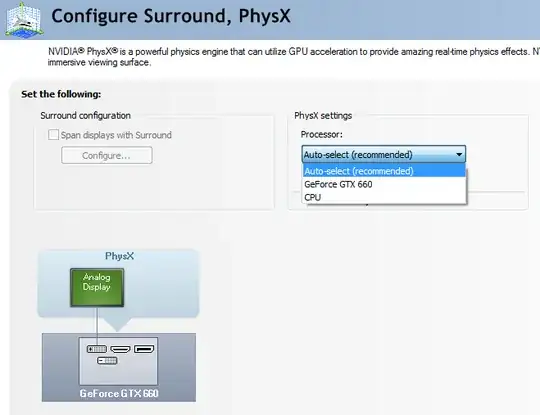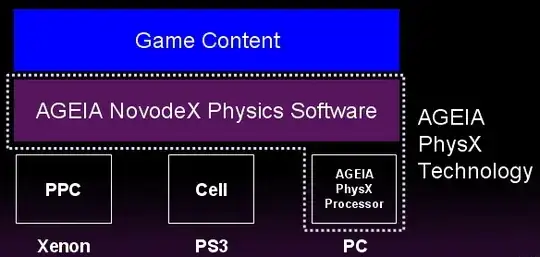By default nVidia settings sets the GPU as the physics processor. In cases where the CPU is powerful enough, is it better to set CPU as the physx processor?
In my case my i7 3770k is mostly unused (at least not all cores) during gaming, but my GTX 660 is not, as it tries its maximum to increase framerate.
In general, is it better to set CPU as physx processor when the CPU is powerful enough?

